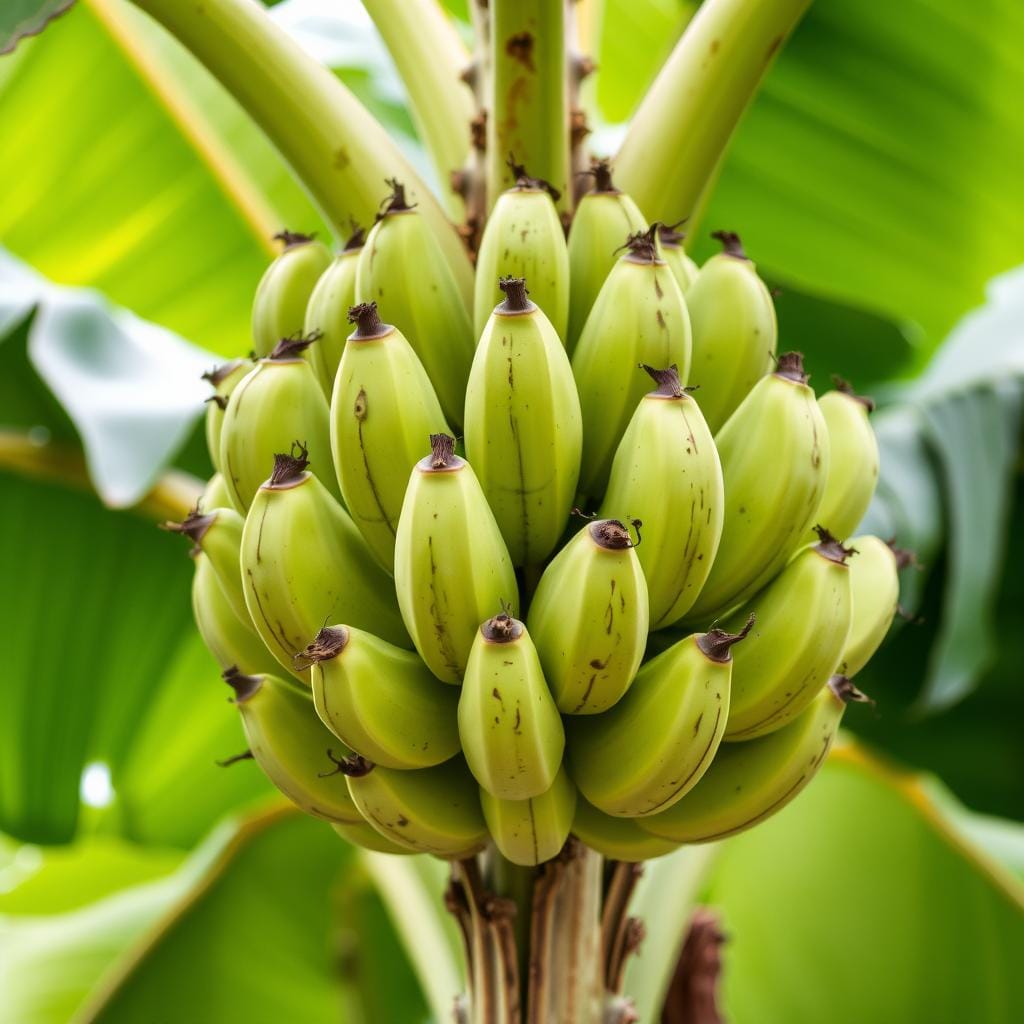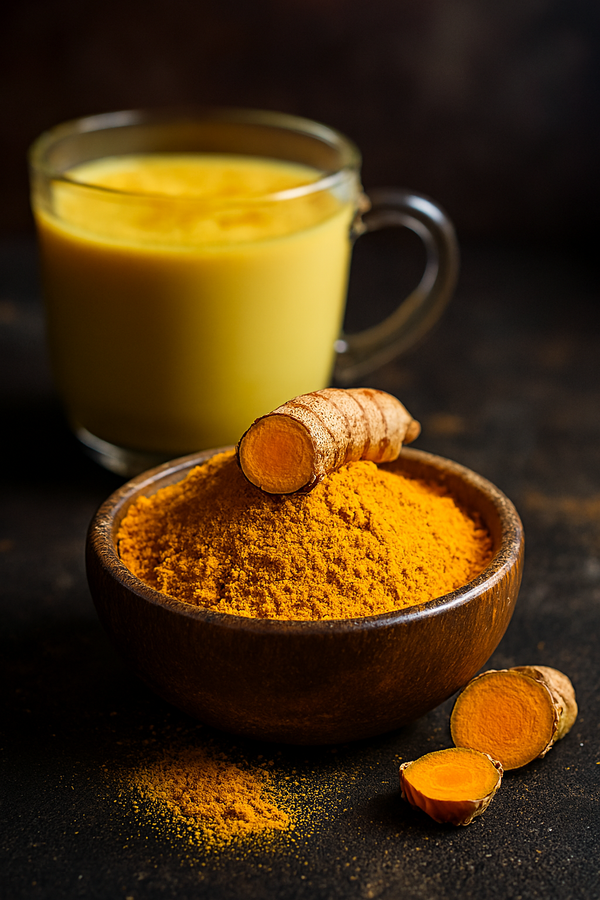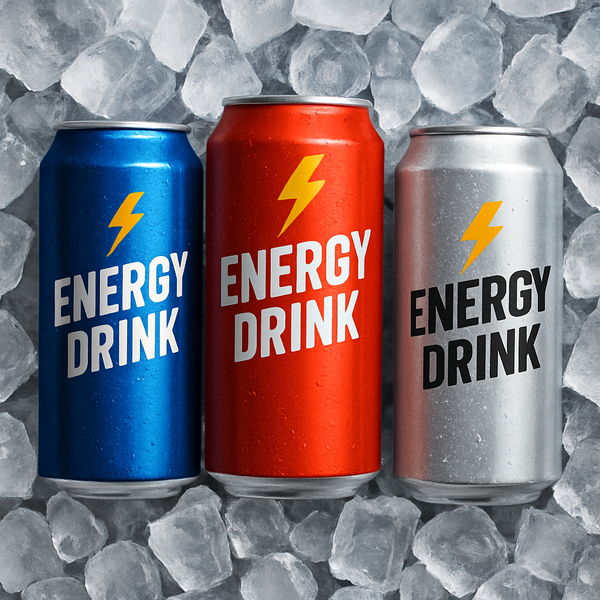Q&A: Are Bananas a Reliable Remedy for Muscle Cramps?
Here I examine if bananas prevent muscle cramps, noting their potassium content, which supports muscle function. Although widely believed to help, scientific evidence is limited. Regular banana consumption benefits overall health but is not a guaranteed solution for cramps.

|
Message |
Explanation |
|
Nutrient Content of Bananas |
Bananas are rich in carbohydrates and
essential electrolytes like potassium, magnesium and calcium, which are
crucial for muscle function and nerve transmission. |
|
Common Belief in Cramp Prevention |
Due to their high potassium content, bananas
are commonly believed to prevent muscle cramps, especially among athletes. |
|
Limited Scientific Evidence |
Despite anecdotal support, there is limited
scientific evidence confirming bananas' effectiveness in preventing muscle
cramps. |
|
Impact on Plasma Potassium Levels |
Studies show that while banana consumption
can increase plasma potassium levels, this does not significantly prevent
exercise-associated muscle cramps. |
|
Emerging Cause of Muscle Cramps |
Recent research suggests that muscle cramps
may be caused by altered neuromuscular control rather than solely by
electrolyte imbalances. |
|
Risk of Excess Potassium Consumption |
Excessive consumption of potassium-rich foods
can lead to hyperkalaemia, which may cause muscle weakness, fatigue and
abnormal heart rhythms. |
|
Muscle Endurance Benefits |
Some studies suggest that banana consumption
can improve muscle endurance during exercise, although this benefit may not
directly prevent cramps. |
|
Health Benefits Beyond Cramps |
Bananas offer additional health benefits such
as improved gastrointestinal health, glycaemic control and weight management. |
|
Recommendations for Muscle Cramp Management |
Gentle stretching is recommended as an
effective intervention when muscle cramps occur, rather than relying solely
on dietary solutions like bananas. |
|
Balanced Diet Importance |
Regular consumption of bananas, along with
other fruits and vegetables, is beneficial as part of a balanced diet,
supporting overall health and providing essential nutrients. |
Nutritional Profile of Bananas🍌💪
Banana is a ready to eat fruit (1). Bananas are rich in carbohydrates (22.84 g/100 g) and provide significant amounts of essential minerals such as potassium (approximately 467 mg), magnesium (34 mg) and calcium (37 mg) (2). These minerals, known as electrolytes, are crucial for maintaining muscle function and nerve transmission, playing a pivotal role in muscle contraction. Potassium for example is essential for maintaining normal muscle function and preventing cramps by facilitating proper nerve signalling and muscle contractions. Furthermore, bananas are rich in bioactive compounds like phenolics, carotenoids, biogenic amines and phytosterols (1). These compounds, many of which have antioxidant properties, help protect the body from oxidative stress (1).
Impact of Muscle Cramps on Athletes🏃♂️🏋️♀️
A muscle cramp is an involuntary and often painful contraction of a muscle, which can occur suddenly and last from a few seconds to several minutes. While cramps can be uncomfortable and disruptive for the average person, they pose a more serious challenge for athletes, as they can prevent athletes from reaching their full potential and achieving their goals.
The Relationship between Muscle Cramps and Bananas⚡🍌
Because of their high potassium content and the critical role potassium plays in muscle contraction, bananas are commonly thought to prevent muscle cramps, leading to their reputation as a quick remedy for athlete (3). Research on banana stem juice has demonstrated that its active components, potassium nitrate and magnesium nitrate, influence neuromuscular function by modulating muscle contractions (4). While these findings relate specifically to pharmacological effects rather than dietary intake, they highlight the essential role of potassium and magnesium in muscle function.
The fact that the roles of the electrolytes were linked to muscle function and maybe the pharmacological effects led many to believe including athletes that consuming bananas as a "fast food" solution for muscle cramp relief (3) and post-exercise recovery (5). However, despite the widespread anecdotal support, scientific evidence to substantiate the effectiveness of bananas in preventing muscle cramps is limited and more research are needed. A study investigated the effects of ingesting 0, 1, or 2 servings of bananas after exercise on plasma potassium and glucose concentrations (6). The results indicated that while two servings increased plasma potassium and glucose slightly more than one serving, these changes were minimal and unlikely to prevent or treat exercise-associated muscle cramps (6). Similarly, Hallissey (3) observed that although banana consumption increased plasma potassium concentrations, it did not significantly impact the frequency of electrically induced muscle cramps one hour after ingestion.
Moreover, some researchers are challenging the traditional explanations for muscle cramps, which have typically been attributed to dehydration, fatigue and electrolyte imbalances involving potassium, magnesium and sodium. Emerging evidence suggests that the primary cause of muscle cramps may actually be due to altered neuromuscular control rather than these conventional factors. As a result, simply increasing potassium intake may not be effective in preventing cramps, as the issue lies more in the neuromuscular system than in electrolyte levels (7).
Potential Risks of Excessive Potassium Intake⚠️
It is important to note that excessive consumption of potassium-rich foods can lead to adverse effects, known as hyperkalaemia characterised by characterised by symptoms such as muscle weakness, fatigue and abnormal heart rhythms. For instance, overconsumption of mangoes, which are also high in potassium, has been linked to painful muscle cramps due to potassium overload in a case study (8). Similarly, while bananas are beneficial, consuming them in excess could potentially cause similar issues.
Other Benefits of Bananas Related to Muscle Endurance🍌
While not directly correlate with cramp prevention, Daswara et al. (9) investigated the impact of banana consumption on muscle endurance, demonstrating that eating bananas enhanced lower limb endurance during exercise. In a quasi-experimental study, male medical students who consumed two bananas one hour before a cycling test showed improved physical performance compared to their baseline, suggesting potential benefits for athletes. However, the study also advised caution for individuals with kidney conditions due to the high potassium content of bananas and recommended further research to validate these findings (9).
Other Benefits of Bananas in General😊
Regular consumption of bananas, along with other fruits and vegetables, is beneficial as part of a balanced diet, supporting overall health and providing necessary nutrients (10). Bananas may offer other benefits such as improve gastrointestinal health (11), glycaemic control (11, 12) and weight management (11).
Conclusion🥗
While bananas may not be a definitive solution for preventing muscle cramps, they are a valuable source of essential nutrients that support overall health. In cases where muscle cramps do occur, gentle stretching until the cramping subsides is recommended as an effective intervention (13). While further research is needed to fully understand the mechanisms behind muscle cramps and the role of bananas in their prevention, bananas remain a nutritious and functional food choice for both athletes and the general population, offering a range of health benefits beyond just electrolyte replenishment.
Reflections 🤔
· Anecdotal Belief vs. Scientific Evidence
Reflect on any personal experiences or common beliefs you’ve encountered about bananas preventing muscle cramps. How does the limited scientific evidence surrounding this claim change or reinforce your perception of using bananas for this purpose?
· Broader Health Benefits
Bananas offer more benefits than just muscle cramp prevention. Reflect on other health benefits of bananas, such as improved gastrointestinal health, glycaemic control and weight management. How could these benefits influence your long-term dietary habits?
Love what you’re reading? Share the knowledge! 📨 Forward this link to a friend who might also enjoy it.
References 📝
1. Singh B, Singh JP, Kaur A, Singh N. Bioactive compounds in banana and their associated health benefits–A review. Food chemistry. 2016;206:1-11.
2. Whitney EN, Rolfes SR, Crowe T, Walsh A. Understanding nutrition: Cengage AU; 2019.
3. Hallissey HM. The use of bananas in preventing exercise associated muscle cramps [M.S.]. United States -- North Dakota: North Dakota State University; 2014.
4. Singh Y, Inman W, Johnson A, Linnell E. Studies on the muscle-paralyzing components of the juice of the banana plant. Archives internationales de pharmacodynamie et de therapie. 1993;324:105-13.
5. Nieman DC, Gillitt ND, Sha W, Esposito D, Ramamoorthy S. Metabolic recovery from heavy exertion following banana compared to sugar beverage or water only ingestion: A randomized, crossover trial. PloS one. 2018;13(3):e0194843.
6. Miller KC. Plasma Potassium Concentration and Content Changes After Banana Ingestion in Exercised Men. Journal of Athletic Training. 2012;47(6):648-54.
7. Schwellnus M. Cause of exercise associated muscle cramps (EAMC)—altered neuromuscular control, dehydration or electrolyte depletion? British journal of sports medicine. 2009;43(6):401-8.
8. Abe K. A patient developed painful muscle cramps due to overeating mangos. Case Reports in Neurological Medicine. 2012;2012(1):742125.
9. Daswara. T, Adriansyah, Anwar., Frizam, Dwindamuldan, Sutisna. THE IMPACT OF BANANA CONSUMPTION ON THE LOWER EXTREMITY MUSCLE RESISTANCE (A Case Study from Male Student of Medicine Faculty, Universitas Jenderal Achmad Yani). Innovative Journal of Medical and Health Science. 2020;10(12).
10. Ranjha MMAN, Irfan S, Nadeem M, Mahmood S. A Comprehensive Review on Nutritional Value, Medicinal Uses, and Processing of Banana. Food Reviews International. 2022;38(2):199-225.
11. Falcomer AL, Riquette RFR, de Lima BR, Ginani VC, Zandonadi RP. Health Benefits of Green Banana Consumption: A Systematic Review. Nutrients. 2019;11(6):1222.
12. Cressey R, Kumsaiyai W, Mangklabruks A. Daily consumption of banana marginally improves blood glucose and lipid profile in hypercholesterolemic subjects and increases serum adiponectin in type 2 diabetic patients. 2014.
13. Bertolasi L, De Grandis D, Bongiovanni LG, Zanette G, Gasperini M. The influence of muscular lengthening on cramps. Annals of Neurology: Official Journal of the American Neurological Association and the Child Neurology Society. 1993;33(2):176-80.
In the process of creating this work, the author employed ChatGPT 4 to streamline the text and to perform language editing.




